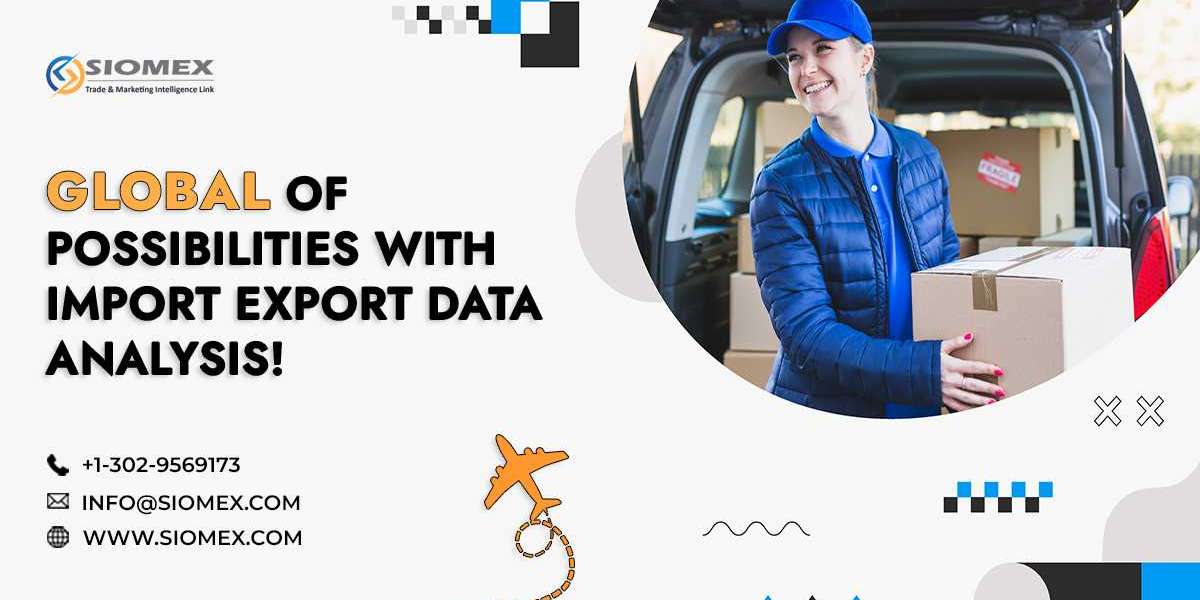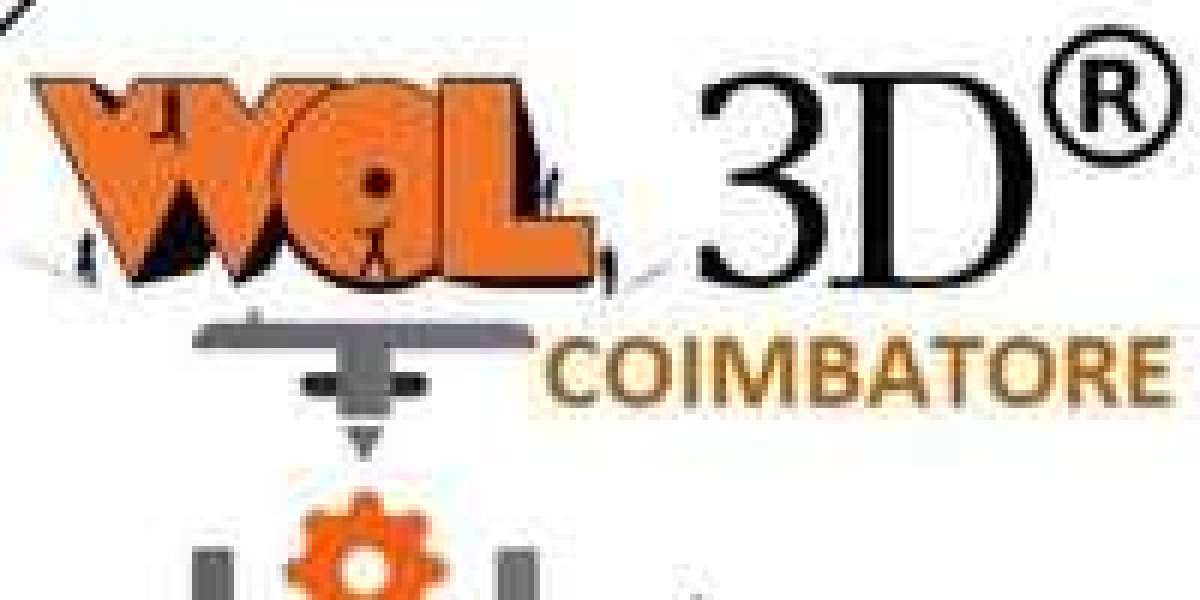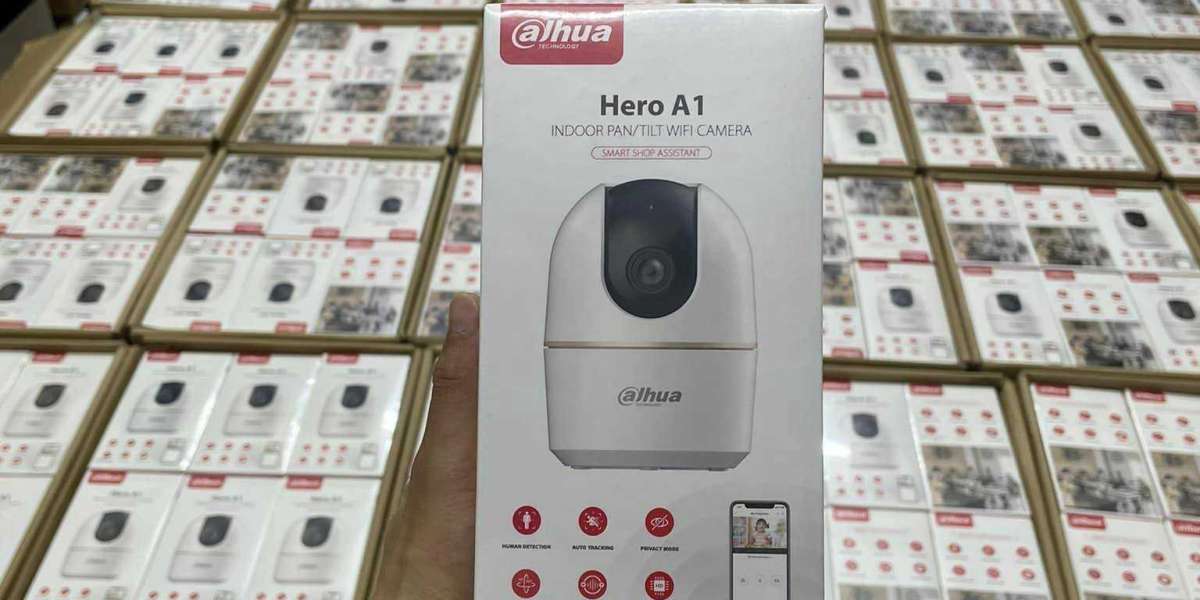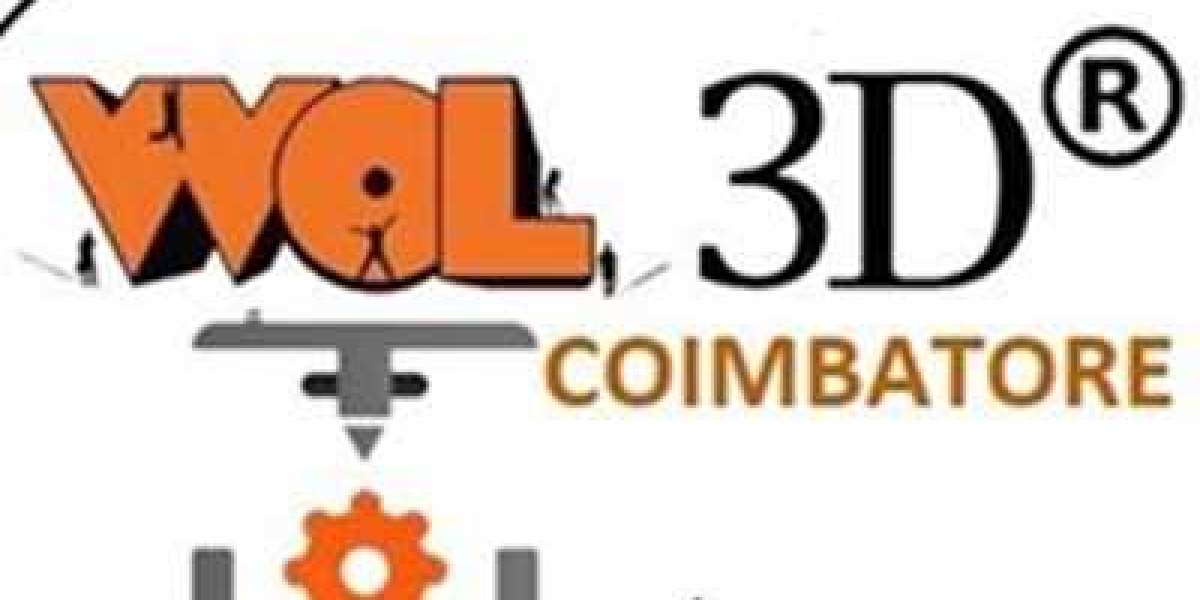Working with heavy machinery in ports is an essential part of global trade and logistics. However, it comes with significant safety risks that must be meticulously managed. Implementing robust safety measures, such as obtaining ISO 45001 Certification, can help mitigate these risks. This article delves into the common safety hazards associated with heavy machinery in ports and how 45001 lead Auditor Training can play a crucial role in enhancing workplace safety.
Understanding ISO 45001 Certification
ISO 45001 Certification is an international standard for occupational health and safety management systems. It provides a framework for organizations to improve employee safety, reduce workplace risks, and create safer working conditions. In the context of ports, where heavy machinery is prevalent, this certification is vital for ensuring that safety protocols are up to date and effectively implemented.
Common Safety Risks in Ports
1. Equipment Malfunctions
One of the most significant risks in ports is equipment malfunction. Heavy machinery such as cranes, forklifts, and container handlers are prone to wear and tear. Regular maintenance and adherence to safety standards, like those outlined in ISO 45001 Certification, are crucial in preventing these malfunctions. Workers trained in 45001 lead Auditor Training can conduct thorough safety audits to identify potential issues before they escalate.
2. Human Error
Human error is another prevalent risk factor. Operating heavy machinery requires specialized skills and concentration. Fatigue, lack of training, and distraction can lead to severe accidents. By following the guidelines of ISO 45001 Certification, port authorities can ensure that operators receive proper training and that their working conditions minimize the risk of errors. Additionally, 45001 lead Auditor Training equips auditors to evaluate the effectiveness of these training programs and suggest improvements.
3. Environmental Factors
Ports are often exposed to harsh environmental conditions such as high winds, heavy rain, and extreme temperatures. These factors can impact the performance of heavy machinery and the safety of operations. ISO 45001 Certification includes provisions for assessing and managing environmental risks, ensuring that machinery is suitable for operation in various weather conditions. Auditors trained in 45001 lead Auditor Training can help develop and implement strategies to mitigate these environmental risks.
Enhancing Safety Protocols
4. Regular Inspections and Maintenance
Regular inspections and maintenance of heavy machinery are critical for preventing accidents. ISO 45001 Certification requires organizations to establish a systematic approach to equipment maintenance. This involves scheduled inspections, prompt repairs, and detailed record-keeping. Trained auditors through 45001 lead Auditor Training can verify that these processes are being followed correctly, ensuring that machinery remains in safe working condition.
5. Safety Training for Workers
Comprehensive safety training is essential for all port workers, especially those operating heavy machinery. ISO 45001 Certification emphasizes the importance of worker competency and training. Programs should cover machine operation, emergency procedures, and the use of personal protective equipment (PPE). 45001 lead Auditor Training can further enhance these programs by ensuring they meet international safety standards and addressing any gaps in knowledge or practice.
6. Emergency Preparedness
Despite all precautions, emergencies can still occur. Ports must have robust emergency response plans in place. ISO 45001 Certification includes requirements for emergency preparedness and response. These plans should be regularly tested and updated based on real-world scenarios and drills. Auditors with 45001 lead Auditor Training can evaluate the effectiveness of these plans and recommend improvements.
Conclusion
Working with heavy machinery in ports involves numerous safety risks, but these can be significantly mitigated through proper management and adherence to safety standards. ISO 45001 Certification provides a comprehensive framework for enhancing workplace safety, while 45001 lead Auditor Training ensures that safety protocols are rigorously audited and improved. By prioritizing these certifications and training, ports can create a safer working environment for all employees, reducing the likelihood of accidents and ensuring smooth, efficient operations.








